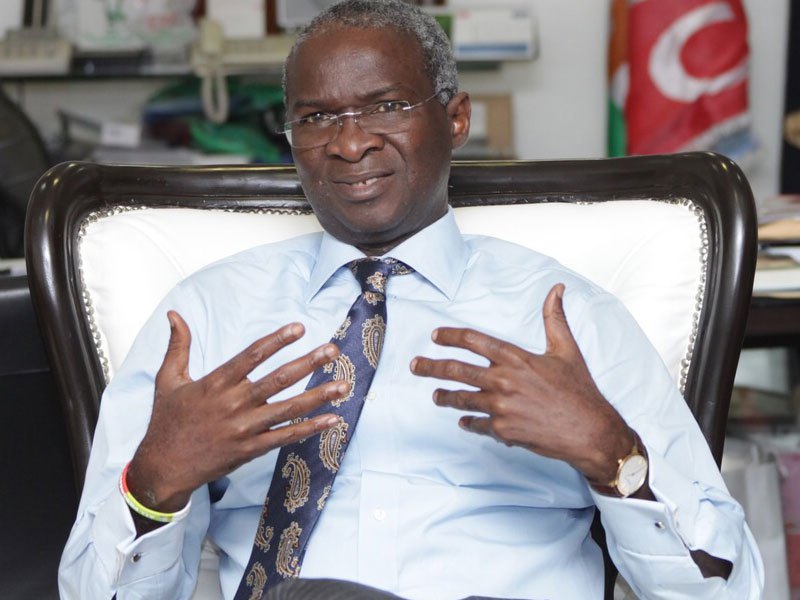After ensuring system stability for more than two months, the country’s power grid collapsed twice in the past five days.
Electricity generation figures obtained from the Federal Ministry of Power, Works and Housing in Abuja on Monday showed that the grid recorded partial collapses on April 12 and 14 this year.
Generated power on the grid dropped from a high of 3,946.5 megawatts on April 11, to as low as 351.3MW on April 12, which was the lowest quantum of grid electricity recorded in past two months.
Further findings showed that power generation remained in a partially collapsed state, as it only moved up marginally from the 351.3MW recorded on April 11, to 596MW on April 14.
Electricity on the grid eventually rose to 3,500MW on April 15, according to generation figures obtained from the Nigeria Electricity System Operator, an arm of the Transmission Company of Nigeria, on Monday.
It was also observed that before the recent partial collapses, Nigeria’s power generation had hovered above 3,900MW for more than two months.
Data obtained by our correspondent showed that the last system collapse before that of April 11 was recorded on the first day February this year.
On February 5, 2018, The PUNCH exclusively reported the collapse of the national electricity grid from a high of 4,699.9MW on January 31, to 219MW on February 1.
The report also revealed that prior to the February 1 grid collapse, the country’s power generation system had earlier collapsed six times in the first eight days of 2018.
The Chief Executive Officer, TCN, Usman Mohammed, had at the time explained that there was a need for adequate investment in order to stabilise the grid
“There are certain things that need to be put in place for us to have grid stability and one of them is that we need to put in adequate investments,” Mohammed had said.
The Minister of Power, Works and Housing, Babatunde Fashola, recently stated that investment appetite for Nigeria’s power sector was high, dismissing claims that investors were leaving the industry.
“If there is one sector in the Nigerian economy that investment appetite is high, it is the power sector and the potential that it brings on,” Fashola told local and international guests at the inauguration of a 60MVAR power capacity bank at the TCN transmission substation in Abuja.









